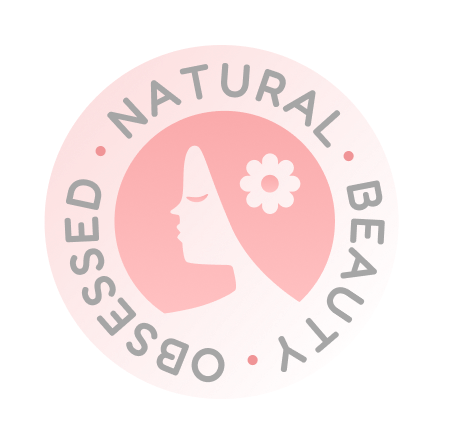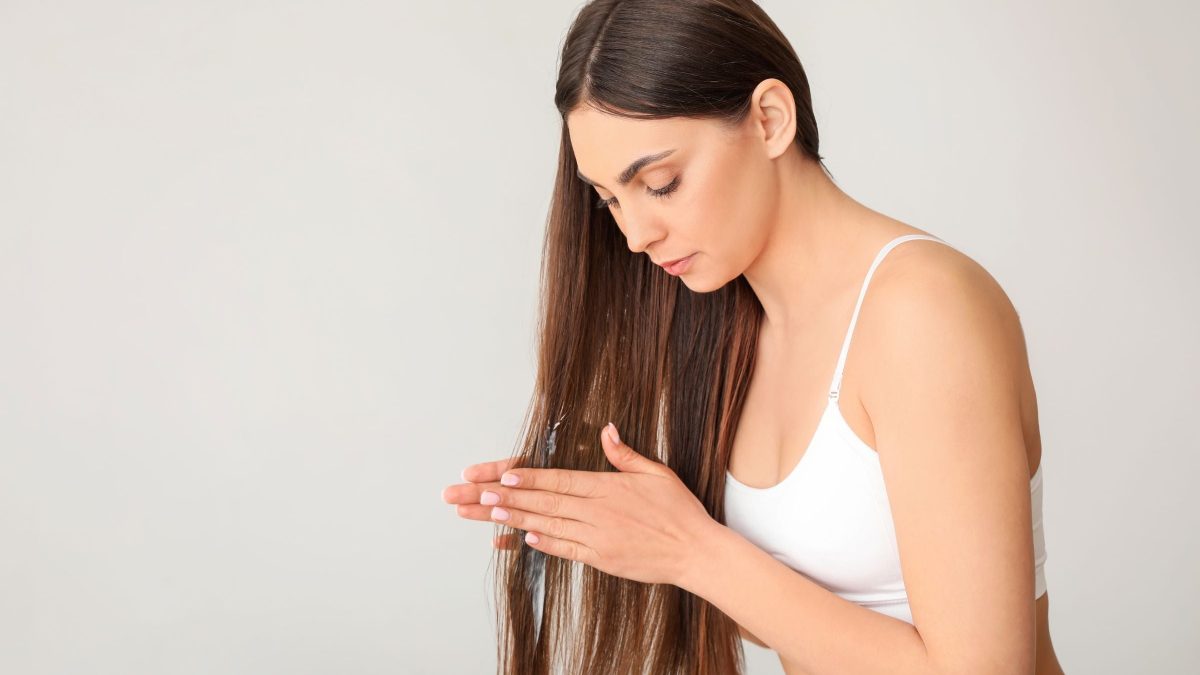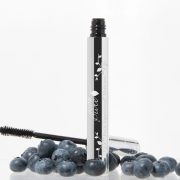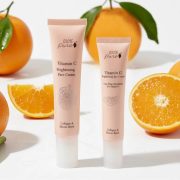Unlock the Secret to Luscious Locks: Mastering the Art of Hair Oil Application
Posted on October 6, 2024 Written by: 100% PURE®

The Journey to Hair Transformation
Tired of dealing with dry, frizzy, or unruly hair? You’re not alone. Many people struggle to find the right routine, especially when it comes to using hair . With all the options out there, it’s easy to feel overwhelmed—how do you know what works? But here’s the thing: when used correctly, oils can work wonders, breathing new life into your hair and giving it that shiny, healthy look.
Want to turn your hair woes into a success story? Let’s explore how hair oils can be your game-changer!
Understanding Hair Oils
Hair oils have long been a go-to for nourishing and styling, but not all oils are created equal. Some come from natural sources like plants and seeds, while others are synthetically made. Both have their perks, but knowing the difference is key.
There’s a —coconut, argan, jojoba, and more—all offering unique benefits, from hydration to added shine. Oils work by either penetrating deep into the hair to strengthen from within or sealing the hair’s surface to lock in moisture. The right oil can balance your scalp and bring your hair back to life!

Choosing the Right Hair Oil
Selecting the right hair oil can make a big difference in achieving healthy, beautiful hair. Different hair types benefit from different oils, so it’s important to find one that suits your needs.
Matching Oils to Hair Types
Lightweight Oils for Fine Hair: Fine hair can easily become weighed down by heavy oils. Lightweight oils provide nourishment without making the hair feel greasy or flat.
Recommended Oils: Grapeseed oil, Argan oil, Sweet almond oil.
Rich Oils for Thick or Coarse Hair: Thick or coarse hair tends to need more hydration and moisture retention. Richer oils can penetrate the hair shaft and provide long-lasting moisture.
Recommended Oils: Coconut oil, Castor oil, Olive oil.
Balancing Oils for Combination Hair: If you have combination hair (oily scalp and dry ends), you need oils that can balance both conditions, providing moisture without overwhelming the scalp.
Recommended Oils: Jojoba oil, Argan oil, Avocado oil.
Popular Hair Oils and Their Benefits
Argan Oil for Shine and Frizz Control
Argan Oil is rich in antioxidants and essential fatty acids, making it ideal for adding shine and taming frizz. It’s also lightweight, so it works well for most hair types, particularly fine and medium textures.
Coconut Oil for Deep Conditioning
Coconut oil is known for its ability to penetrate the hair shaft, making it excellent for deep conditioning and . It’s ideal for thick, coarse, or curly hair types that need intensive hydration.
Jojoba Oil for Scalp Health
Jojoba oil closely produced by the scalp, making it a great choice for balancing oil production and promoting scalp health. It’s lightweight, making it suitable for all hair types, especially those prone to oily scalps.
Marula Oil for Growth Promotion
Marula oil is known to boost blood circulation to the scalp and encourage hair growth. It’s especially their hair.
Overcoming Oil Application Fears
Many people hesitate to due to concerns about greasiness or heavy buildup. However, proper application can prevent this. Start by using a small amount of oil, focusing on the mid-lengths and ends of your hair. If your scalp needs treatment, choose a lightweight oil and apply sparingly.
Understanding the right technique helps integrate oils into your regular hair care routine without weighing your hair down. By balancing the use of oils with shampoos and conditioners, you can enjoy the benefits of healthier, more nourished hair without the fear of greasiness.
Navigating Hair Oil Myths
Myth 1
Hair oils cause acne and clog pores.
Debunked: Not all oils clog pores. Non-comedogenic oils like jojoba or argan won’t block pores or cause breakouts if applied properly—avoid your face and hairline.
Myth 2
You should oil your hair daily.
Debunked: Daily use isn’t necessary. Most hair types benefit from oiling two to three times a week, depending on moisture needs and texture.
Myth 3
All hair oils are the same.
Debunked: Quality matters. Look for pure, cold-pressed, or organic oils to avoid fillers and synthetic additives that reduce effectiveness.
Mastering Application Techniques
Applying oil to before shampooing helps to protect the hair from the drying effects of the shampoo. By applying the oil generously to the length of your hair, especially the ends, and using a wide-tooth comb to distribute it evenly, you prepare your hair for washing. This method also makes detangling easier, reducing breakage and split ends. It’s particularly beneficial if your hair tends to get dry or brittle.
- Using Oils as a Styling Product
Using oils as a styling product can add a polished look and without weighing down your hair. After washing, apply a small amount of oil to damp hair, focusing on the ends and any frizzy areas. This method enhances shine and smoothness, while also providing light conditioning. It’s a great way to keep your hair looking sleek and healthy throughout the day.
- Deep Conditioning with Oils Overnight
For an intensive conditioning treatment, apply oil to your hair and leave it overnight. Cover your hair with a shower cap or a silk scarf to prevent oil transfer and protect your pillow. This extended application allows the oil to penetrate deeply, offering maximum hydration and repair. Overnight treatments are especially beneficial for those with very dry or damaged hair, providing a boost of moisture and nourishment.
- Tailoring Oil Treatments to Seasonal Changes
Adjusting your oil treatment routine based on the seasons can optimize hair health. In winter, when the air is dry, increase the frequency of treatments or opt for richer oils to combat moisture loss. In summer, lighter oils can prevent buildup and reduce oiliness caused by heat and humidity. Tailoring your routine to seasonal needs ensures your hair remains well-hydrated and healthy throughout the year.
100% PURE Hair Oil Products
100% PURE offers some of the best products for your hair care needs, with a focus on top-notch quality and organic ingredients. Our hair oils and treatments are, ensuring that each product delivers effective results without compromising on purity or safety.
Among our standout products, the offers a lightweight, vitamin-rich formula that tames frizz and adds shine, enhancing the natural beauty of your hair without weighing it down.
The is a versatile solution that boosts luster and protects against environmental damage, making it a valuable addition to your daily routine.
For deep nourishment, our Argan Oil treatment provides intensive hydration and restoration for dry, damaged hair, while the Organic Marula Oil serves as a multi-purpose, nutrient-dense option that hydrates and softens both hair and skin, promoting a healthy glow.
All these products reflect 100% PURE’s dedication to quality and organic integrity, offering effective and luxurious hair care.
Your Path to Oil-Enhanced Hair Glory
Explore key strategies for applying hair oils, from pre-shampoo treatments to leave-ins and overnight conditioning. Experiment with different oils to find your ideal routine.
Begin your journey to healthier, shinier hair today by incorporating these nourishing oils into your hair care regimen!
Frequently Asked Questions
How often should I use hair oil if I have oily hair?
If you have oily hair, limit oil use to once a week or every other week to avoid excess greasiness. Focus on using lighter oils and applying them primarily to the ends of your hair, avoiding the scalp.
Can I mix different hair oils for better results?
Yes, you can mix different hair oils to tailor a blend that suits your specific needs. Combining oils like argan and jojoba can enhance benefits, such as adding shine and balancing moisture levels.
Is it necessary to wash out all hair oils, or can some be left in?
Not all oils need to be washed out. Leave-in treatments, such as certain serums and conditioners, are designed to stay in the hair for ongoing benefits. However, for intensive treatments, it’s generally best to wash out excess oil after the recommended time.
How can I prevent hair oil from making my pillowcase greasy during overnight treatments?
To prevent oil from transferring to your pillowcase, cover your hair with a silk or satin scarf or use a shower cap. These materials reduce friction and help keep the oil in your hair while protecting your bedding.
Are there any hair types that should avoid using oils altogether?
Oily or fine hair types might need to be cautious with oil used to prevent excess greasiness or weight-down. If you find that oils make your hair too greasy, opt for lighter formulations or use oils sparingly.




